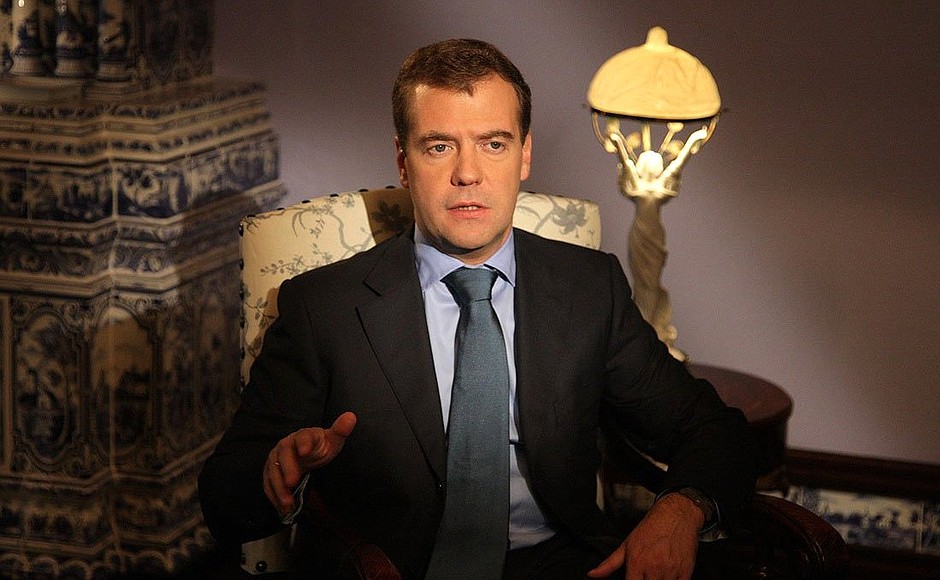
* * *
Today, on October 1, the world celebrates the International Day of the Elderly, which was established 20 years ago by the United Nations General Assembly.
Many non-governmental organisations, including the ones in our nation, also organise and hold charitable events on this day. Still, we need to be attentive to the older generation not just today, but at all times, every day.
I believe that caring for elderly people is one of the priorities for the government and for our entire society.
The older generation has lived through some very serious hardships. After all, they were the ones whose labour created the economic and industrial capacity that served as the basis of Russia’s wellbeing for many years. And in a lot of ways, we are still living largely on that capacity.
Unfortunately, many elderly people today are lonely, helpless, and poor. They require not only medical assistance and medicines, but also simple basic care and help around the house. It is our duty to help them.
In recent years, we have been addressing issues concerning social security for the elderly. We have seen a marked increase in pension size. As of July 1 of this year, the monthly old-age pension exceeded 8 thousand rubles. This amount is significantly higher than it was three or five years ago. This year, we have introduced special additional social payments to non-working senior citizens with incomes less than the minimum standard of living, and by 2012, the average pension should exceed this standard more than 1.5 times.
I won’t deny that pensions are still small compared to developed nations, but in the long term, they will increase.
I recently held a meeting in Kursk that was devoted to improving the quality of life for older persons. I visited different places, including a home for war and labour veterans and a social service centre for senior citizens, where some good technologies are being introduced to relieve our older citizens from the need to do things that are difficult for them, like waiting in lines to get various documents or bureaucratic papers.
I have also seen some interesting initiatives, such as a university for the elderly, which I liked very much. It is not only a recreation centre where older people can socialise, but also a centre for continuing education. After all, we all know that it is never too late to learn. This kind of experience is certainly worthy of dissemination.
We have about 40 million pension recipients in our nation. As of the beginning of this year, this figure included 30.7 million of older working-age individuals. They all have enormous professional experience and knowledge, and naturally, it is great that many of them want to continue working. I think that we must simply decide how to best make use of their work.
I would like to make a separate note about pensioners living in rural areas – we have over 8 million of them – as well as those who live in distant, hard-to-reach regions of our nation. Access to medical aid and the opportunity to buy the necessary medicines is of particular importance to them. In some small towns, without even mentioning villages and hamlets, there is only one pharmacy or paramedic centre, or a rural medical assistance centre, which, as people say themselves, suffer from poor drug supply. Unfortunately, this problem exists everywhere.
At the meeting in Kursk, I gave instructions to regional and municipal authorities to seriously work on resolving this problem.
I would also like to address business representatives. I understand that the social sector may not be the most attractive sector, but our businesspeople can nevertheless do a great deal for older citizens with the help from the government and social structures – for example, by creating special shops for them with affordable prices, or helping provide them with mobile communication services and new information technologies, because our senior citizens do follow these new trends.
Our society already has many people who voluntarily help the elderly on their own initiative, caring for them. This kind of work certainly deserves respect and should be promoted and supported, including from the part of the government.
Each of us, regardless of our place of employment or financial opportunities, can do something good and useful for the elderly. They need our attention and basic human participation. So, let’s spare no time or effort to do this.